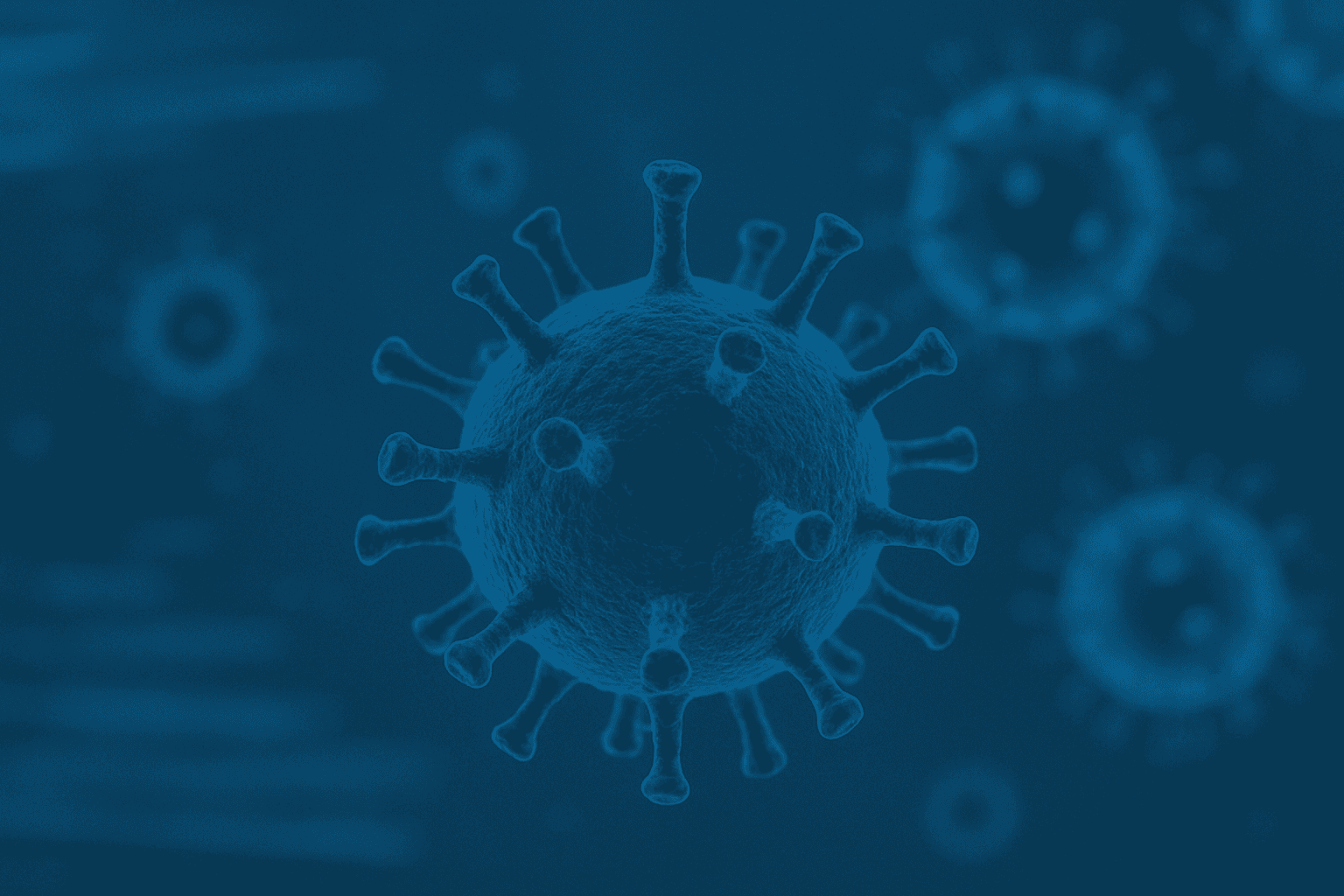
How Effective Are Face Masks in 2025? What Science Says
What science says
Studies have shown that face masks are effective in reducing the spread of respiratory viruses such as the flu, RSV (respiratory syncytial virus), and of course, COVID-19. Masks act as a barrier, preventing virus-carrying droplets from spreading when we talk, cough, or sneeze.
The type of mask matters:
- Surgical masks: filter 60–80% of particles.
- KN95/N95: offer up to 95% filtration.
- Cloth masks: effectiveness depends on the number of layers and the fit.
When should you still wear one?
Even if it’s no longer mandatory, there are still smart situations where mask use is recommended:
- In hospitals, clinics, or pharmacies
- If you're sick or have respiratory symptoms
- If you're caring for someone immunocompromised
- During peak virus seasons (like winter)
Face masks are no passing trend—they’re a public health tool. Choosing to wear one in the right circumstances shows responsibility and care for yourself and others.
At MEDU Protection, we continue to advocate for prevention. We distribute certified, reusable medical gear and promote the responsible use of medical supplies—because protection remains a priority.
About the author
